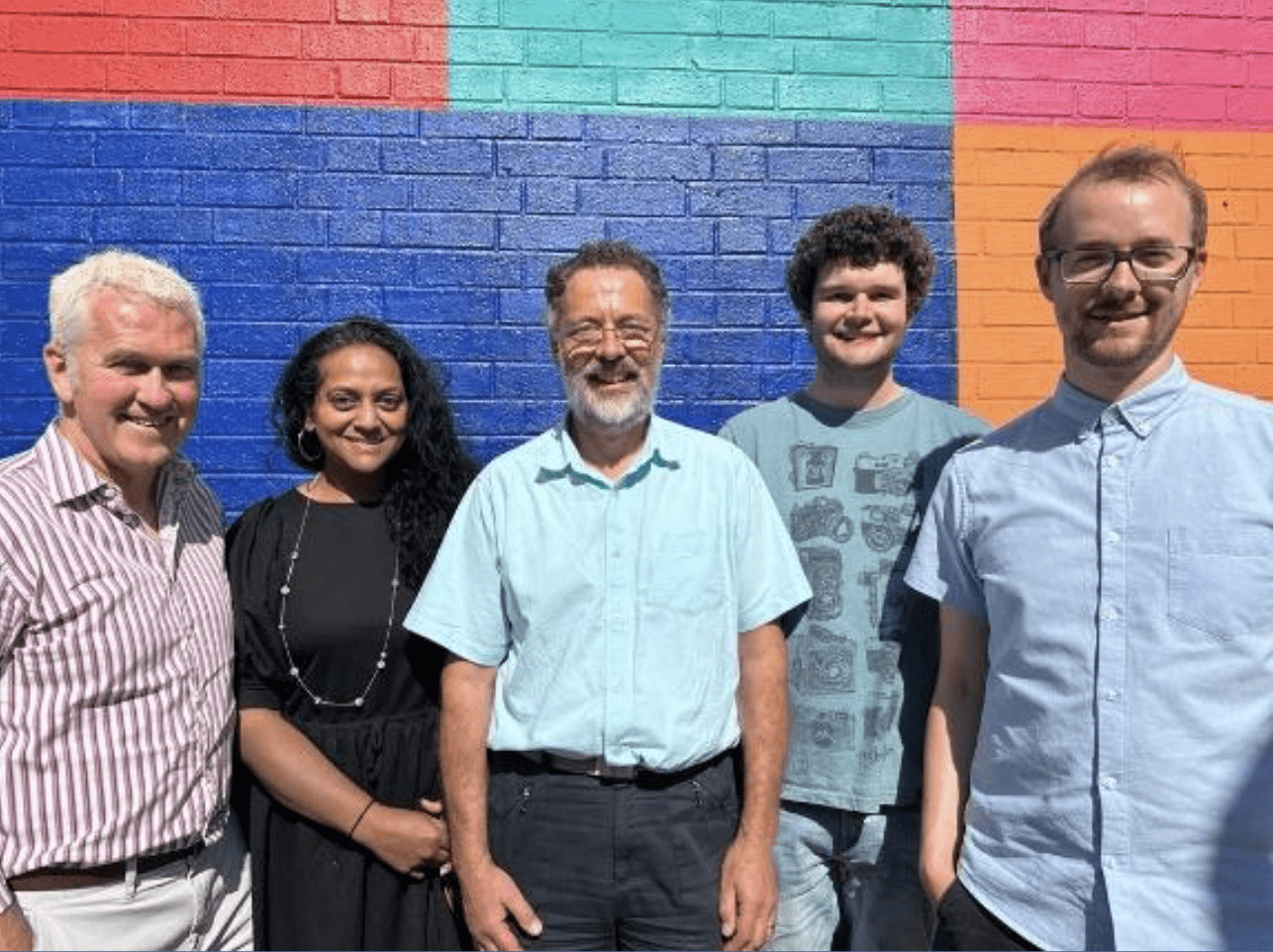- NetZeroNitrogen (NZN), a UK-based startup developing a nitrogen alternative for plants, has closed a $1.6 million pre-seed round of funding.
- German VC Revent and Zero Carbon Capital led the oversubscribed round; an “Asian, climate-focused, strategic investor and a group of angels” also participated, including ex-Moderna CSO Tony de Fougerolles.
- NZN also received a recent non-dilutive Transforming Technologies grant by Innovate UK.
- The pre-seed funding will take NZN through its first stage of field trials in 2024.

NZN’s first target market for its biological solution will be rice. Image credit: iStock
Ag’s big nitrogen challenge
NZN is among the growing number of startups developing alternatives to synthetic nitrogen fertilizer, which produces an estimated 1 billion tons of CO2 equivalent annually, according to the company.
Production and use of nitrogen-based fertilizers account for about 5% of global greenhouse gas emissions. Over-use and improper application of nitrogen is also linked to polluted waterways, poor soil, loss of biodiversity and dead zones.
Growing consensus is that agriculture sector must reduce its dependence on synthetic nitrogen fertilizer – though this needs to be balanced with maintaining food security and accounting for the estimated 20% population increase expected by 2050.
There are many different approaches to the nitrogen problem, from Grace Breeding‘s biofertilizer to Pivot Bio‘s nitrogen-fixing product and Sound Agriculture‘s “nitrogen enhancement” method.
‘Putting the fuel next to the engine’
“This is very much a precision application of the bacteria to the place where it’s needed,” NZN CEO Justin Hughes says of the company’s product.
NZN’s biomaterial comes as a freeze-dried powder that gets mixed with water and applied directly to the seeds. Bacteria within the solution colonize the plant and allow it to fix nitrogen from the air.
“By allowing plants to fix nitrogen directly from the air, you increase the efficacy from 30-50% to effectively 100%,” says Hughes. “There is no transmission loss and therefore no nitrate or nitrous oxide pollution; instead of a shotgun approach, you are placing the fuel (the bacteria) next to the engine (the cells) with surgical precision.”
Hughes says the first target market for NZN will be rice, “partly because the bacteria is a lot more effective in the presence of water.” Importantly, rice seeds are typically pre-soaked before sowing, which means NZN’s powder could be easily added into that existing process.
“You’re not asking the farmer for any behavioral change,” says Hughes. “You’re asking them just to add this to something they do already. But you’re taking away a lot of the other problems down the road for them.”

Beyond the green premium
Farmers, of course, have seen a lot of snake oil salesmen over the years, adds Hughes. Little wonder many are wary about changing their existing products and operations to accommodate biologicals.
Convincing them otherwise requires startups to consider carefully the benefits they choose to articulate.
“You’ve got to be talking a very good story on yield,” he says. “A significant yield in the lab — 5%, for example — is not significant to a farmer; that’s just not big enough for them.”
And while NZN says its motivation for developing biologicals is about the environment, that’s not necessarily the main storyline to be telling farmers, either. “Of course they care [about the environment]; they are custodians of the land and close to the land,” notes Hughes. “But they’re running a business. [The environment] is not the biggest day-to-day problem. People simply won’t pay a premium just because it’s good for the world.”
For its part, NZN is focusing on price. Its product is estimated at around 150th the volume of synthetic nitrogen fertilizer, says Hughes. This makes it much “cheaper and easier to distribute” than other products.
“When we talk about the price discount we might be able to offer, the reaction is more or less, ‘Why wouldn’t we do this?'”
Fertilizer prices have been a major pain point for farmers since the war in Ukraine began. While prices have fallen since Russia’s initial invasion, parts of the world, particularly in Africa, still have trouble accessing affordable fertilizer. Hughes says fertilizer price remains “the single biggest problem from a farmer’s point of view.”
Early investment was ‘pivotal’
It will be a while yet before NZN’s product actually lands in the market. The pre-seed funding will take the company through its first stage of field trials in 2024.
Since the underlying active ingredient is a naturally occurring bacteria, Hughes says the regulatory pathway should be a bit lighter than it would be with synthetics — though this will of course vary from country to country and across regions.
As to fundraising in the current economic environment, Hughes suggests the early commitment from Zero Carbon Capital helped.
“Zero Carbon Capital made a commitment to us early with the UK version of a SAFE [simple agreement for future equity]. That made us more credible to other investors.
I wouldn’t say it was easy, but we got that first one. Then we had another institutional investor come onboard and a few angels, and then Revent came on board quite late.”
The pre-seed round was 75% oversubscribed, says Hughes, and his company eventually had to turn people way.
“It’s worth recognizing the early commitment from Zero Carbon Capital was probably pivotal to being able to bring in other investments down the road.”




